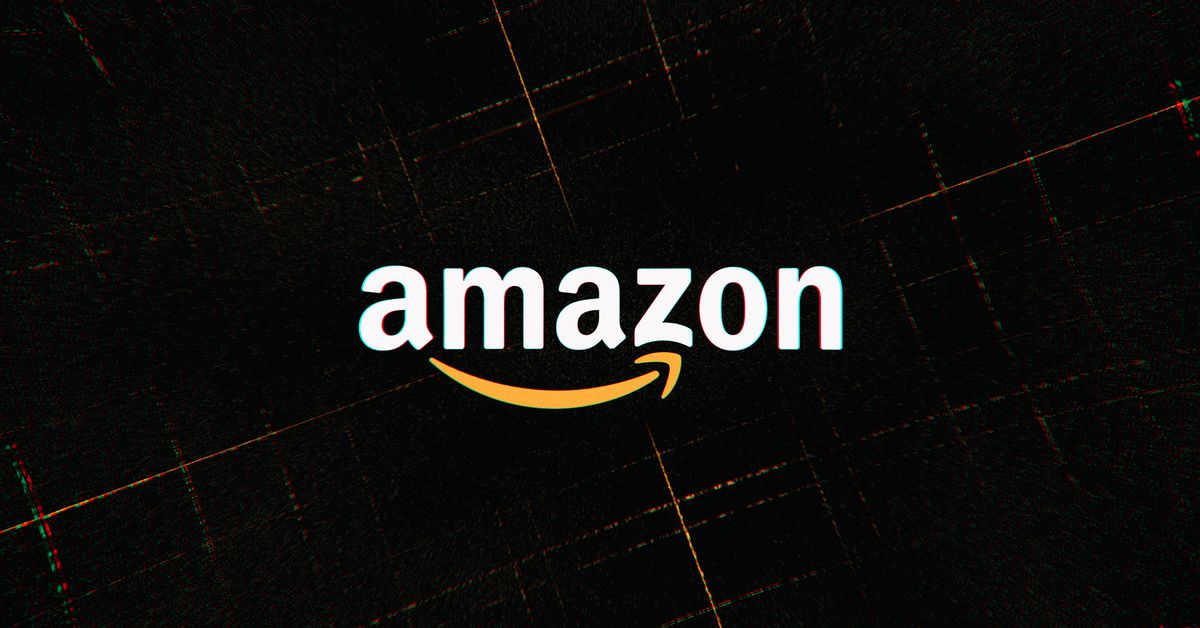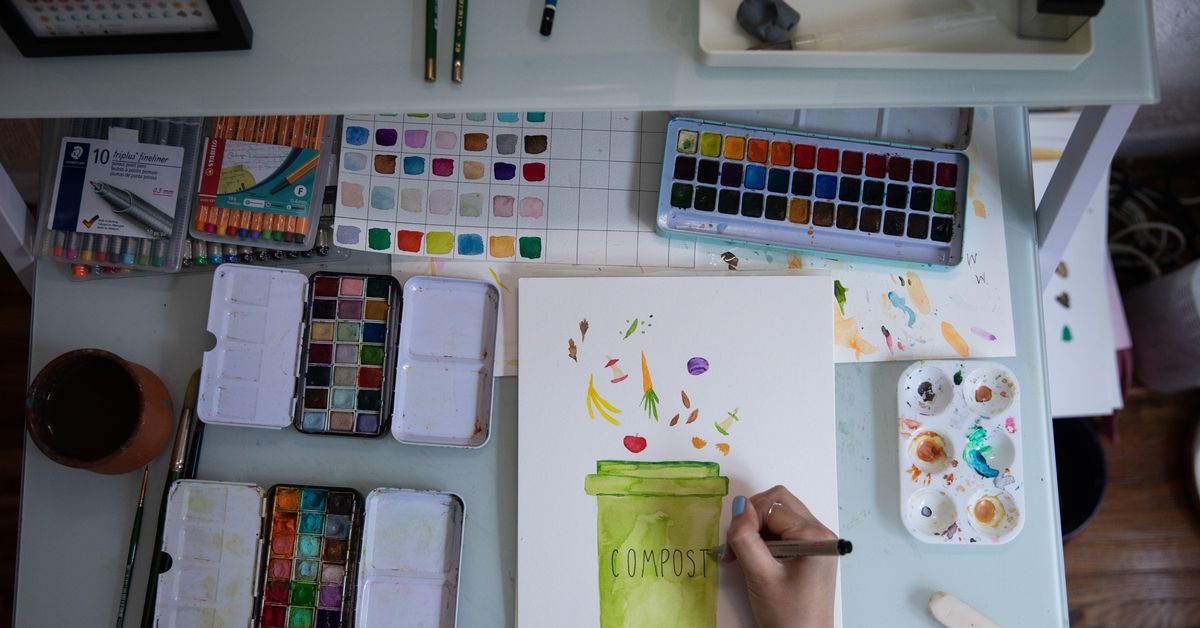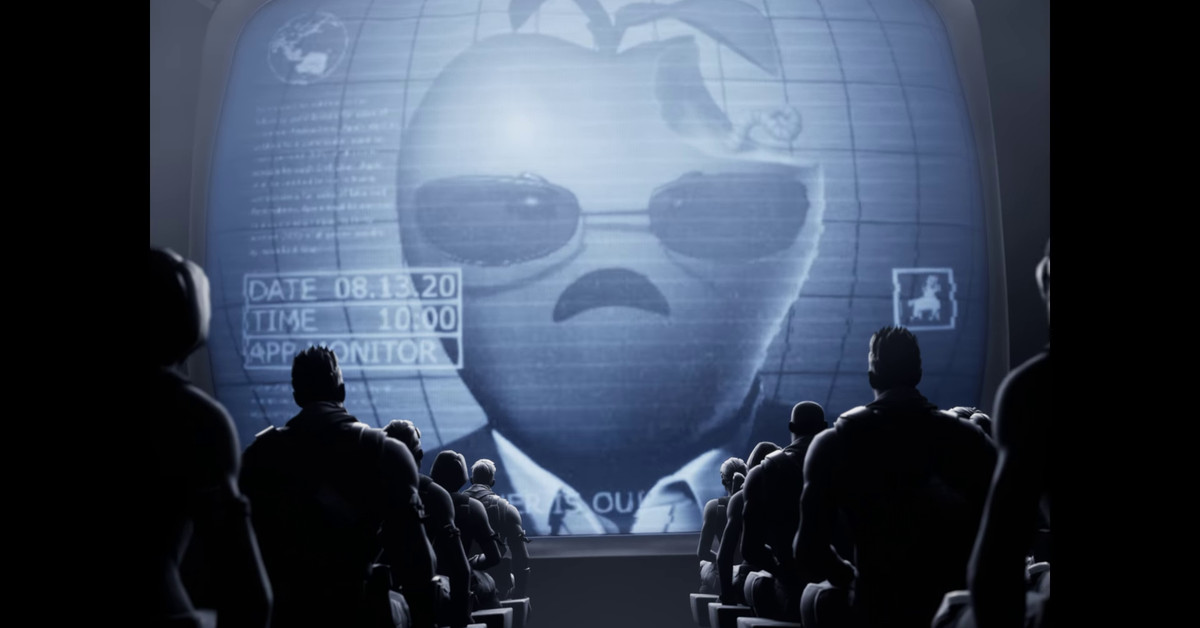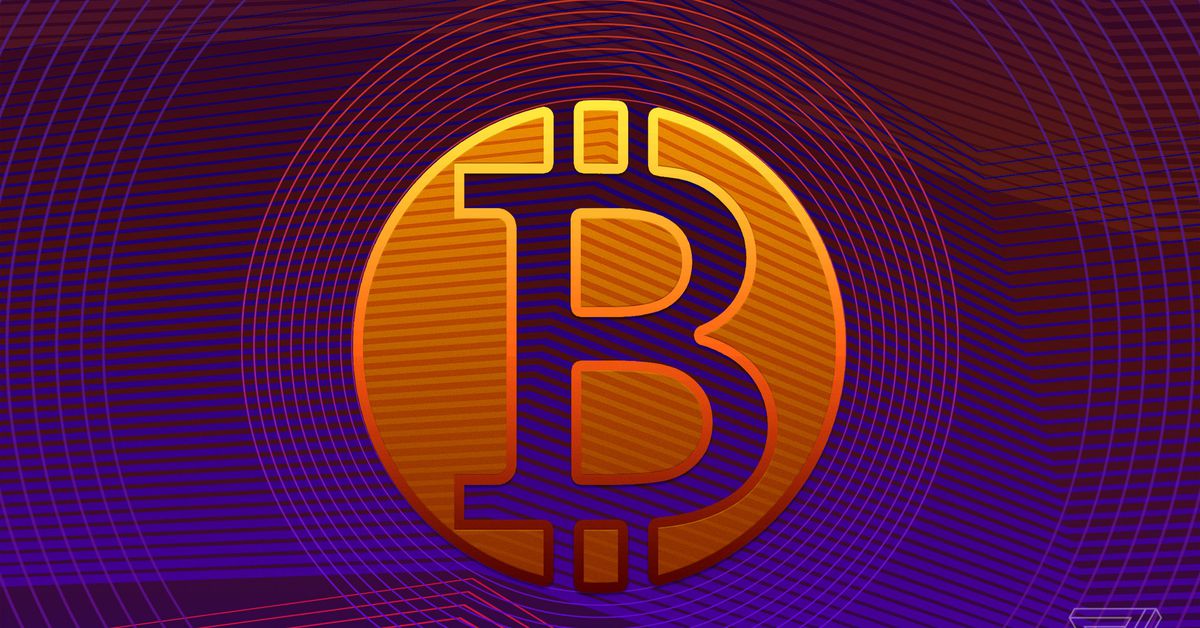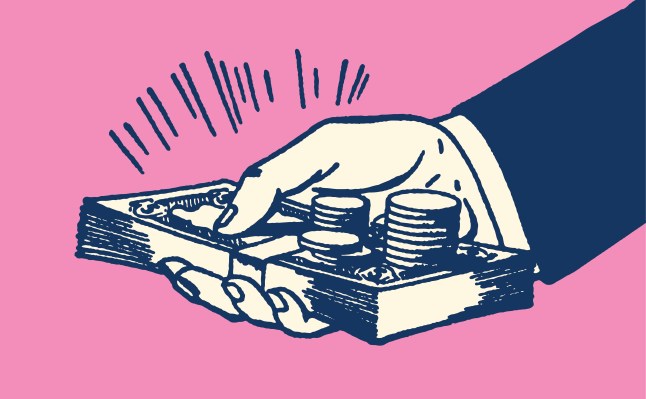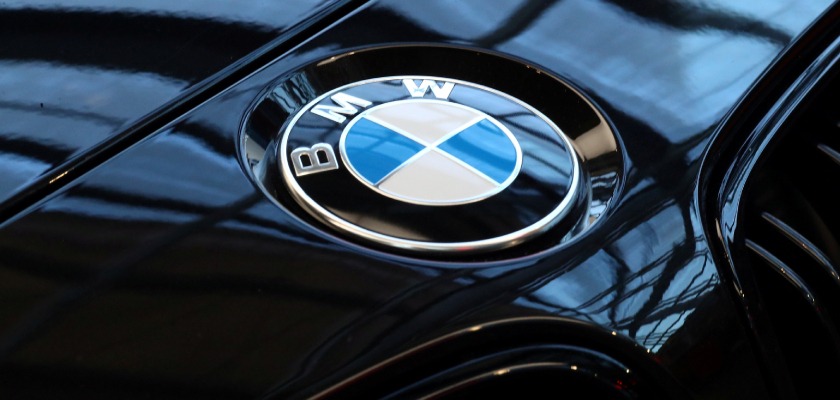Harley Quinn’s sexy season 3 puts the important things like love, trust, and Poison Ivy first
HBO MaxIn Harley Quinn’s third season, love is in the air Continue reading…

In its first two seasons, HBO Max’s Harley Quinn set its titular antiheroine free of the toxic relationship that’s long since become a relic of Harley Quinn™’s past and imagined a Gotham where villains like Clayface and King Shark aspired to more than terrorizing the city. Though Harley Quinn’s third season takes its time before fully fixing its focus on its namesake, it’s an example of how a show can actually become much, much stronger by letting its main character play the supporting role in stories that aren’t always about them.
Because it’s common for comic books and the stories based on them to almost “reset” after major arcs, it’s refreshing how committed Harley Quinn’s third season is to building on the events of its second season finale that saw Harley (Kaley Cuoco) and Poison Ivy (Lake Bell) declare their love for one another. By ditching Kite Man (Matt Oberg) at the altar for Harley, Poison Ivy gave herself the permission to be honest and open about her feelings. And through her pursuit of Ivy, Harley was able to better understand her desire for growth and change. Though Harley and Ivy’s honeymoon phase is already beginning to wane as Harley Quinn’s third season opens, the mellowing of their relationship’s something the series never really frames as a sign of danger.
:no_upscale()/cdn.vox-cdn.com/uploads/chorus_asset/file/23897370/harley_quinn_s3.jpeg)
It’s not that there’s trouble in paradise or that either of the women has second thoughts about each other — they’re legitimately in a good, if not great, place. It’s just that Harley, a psychotic clown, can be a bit much, and Ivy, an acerbic misanthrope, needs a little bit of breathing room to think about what it is that she wants out of life in addition to Harley’s love. It’s because Harley’s love for Ivy is so strong (and because Harley Quinn’s creative team isn’t interested in breaking the pair up) that the show kicks off by putting Ivy at the center of a season-long arc about her status as one of DC’s most complicated characters.
Similar to how Harley Quinn’s toed the line between good and evil over the years across different media, Poison Ivy’s existed somewhere in the space between being a garden variety Gotham weirdo and an unstoppable elemental powerhouse capable of world domination. Harley Quinn’s third season leans more into the latter spin on Ivy as a way of showing you just how much of an impact Harley’s love has on her, and the show’s careful handling of their relationship feels like an intentional acknowledgment of early concerns about queerbaiting. Individually dysfunctional though they may be, Harley and Ivy are good to and for one another, and Harley Quinn holds their love up as an example of a messy, emotionally (and sexually) fulfilling relationship.
By keeping its supporting cast relatively tight this season, Harley Quinn’s able to dig similarly into the personal lives of Gotham’s outright heroes like Batman (Diedrich Bader), Batgirl (Briana Cuoco), and Nightwing (Harvey Guillén) as the city prepares for a mayoral race. Along with Harley Quinn’s filthy, more explicit jokes meant to shock you, the fact that the show’s still generally from a villainous perspective that’s unsympathetic to DC’s heroes continues to be one of the funnier things about it. GCPD commissioner Jim Gordon (Christopher Meloni) running to be mayor might be cause for the Bat-family to celebrate in any other DC continuity. But because Harley Quinn’s Jim is an irresponsible cop who drinks on the job and drives his loved ones away, his pivot to politics introduces a surprisingly dark note that contrasts well with Batgirl’s journey to prominence this season.
:no_upscale()/cdn.vox-cdn.com/uploads/chorus_asset/file/23897396/harley_quinn_season_3_5.jpeg)
Harley Quinn’s never had problems taking potshots directly at the franchise it’s a part of, and the show uses Catwoman (Sanaa Lathan) to deliver a number of its most stinging and insightful observations both about Bruce Wayne and her own standing within DC’s various properties. While Harley Quinn’s straightforward plots like Clayface (Alan Tudyk) fighting to portray Thomas Wayne in a James Gunn film and Joker (also Tudyk) becoming a PTA dad are funny, many of this season’s biggest laughs come from its heady meta-narratives.
As fresh and new as Harley Quinn’s often felt, this season also acknowledges how Harley’s long since become part of the canon established in the 30 years since she first appeared in Batman: The Animated Series. It’s only natural that a character so immediately loved by fans would transform and evolve wildly as different creative teams took ahold of them. But unlike so many other Harley-centric projects that feel as if they exist in spite of one another, Harley Quinn’s third season embraces the expansiveness of the Harley brand and presents it as her being a multifaceted person. While Harley Quinn’s storytelling’s in rare form this season, visually, it occasionally feels like a bit of a downgrade in moments when the animation doesn’t quite match up with the slick and snappy delivery of the show’s dialogue. This sort of thing doesn’t keep this season of Harley Quinn from being good by any stretch of the imagination, but it is noticeable when so much else about the series is firing on all cylinders (like in its musical episode).
Just when it seems like this season is shifting gears to focus on being the most interesting story about Gotham City’s politics that Warner Bros. has put out in years, Harley Quinn’s third chapter is already wrapping up, which is more of a feature than a bug. Harley Quinn’s third season may be concise, but it definitely makes the case for the follow-up this finale leaves open the possibility for — and for itself as one of the best superhero TV shows out this year.
Harley Quinn also stars Ron Funches, Tony Hale, Giancarlo Esposito, Tom Hollander, Sam Richardson, and Rachel Dratch. Season 3 hits HBO Max on July 28th.

 Aliver
Aliver /cdn.vox-cdn.com/uploads/chorus_image/image/71178207/1707726___MO_OM_Harley_Quinn_S3_KA_PO_rgb_v01_Tunein.0.jpeg)








